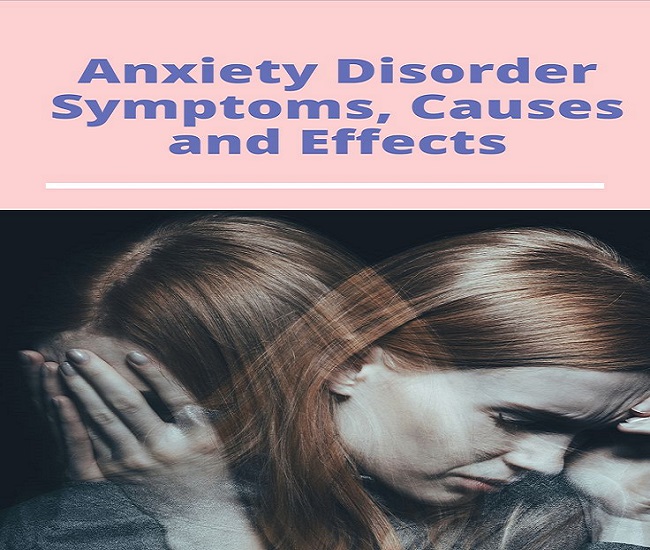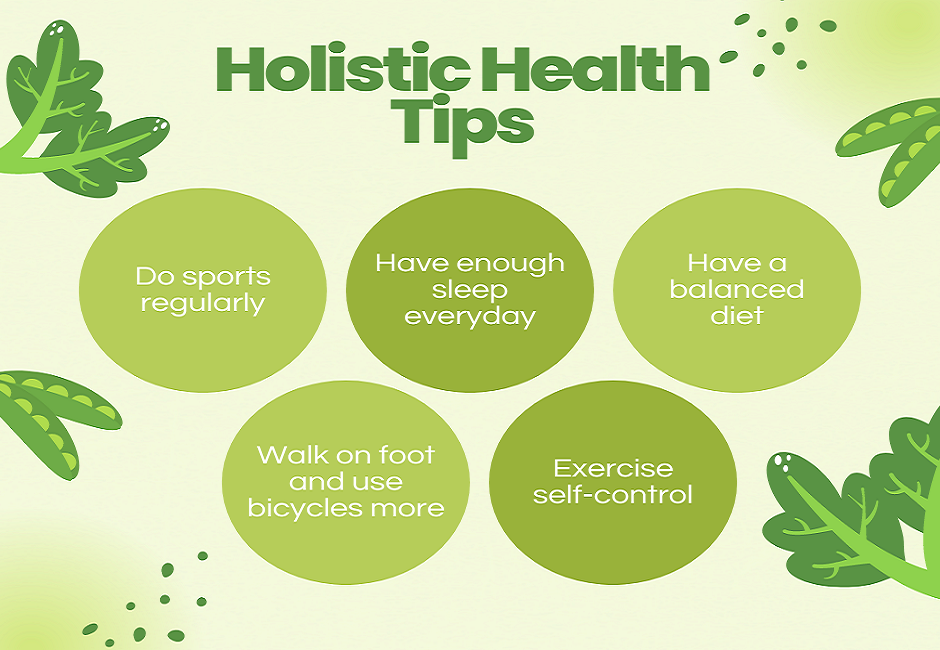In this Blog you are Going to read that What Are the Symptoms of Depression and Anxiety? So These are two of the most Prevalent Mental health issues affecting people today. Though they often overlap, each condition presents with its own set of symptoms. Recognizing these symptoms early can be crucial for seeking timely help and improving quality of life. This blog will delve into the various manifestations of these conditions across different demographics, including teenage girls, women, men, and adults in general.
What Are the Symptoms of Depression?
Depression is a type of mental illness marked by enduring melancholy and disinterest in or enjoyment from routine activities. Anybody, regardless of age, gender, or background, can be affected by it. Common symptoms of depression include:
- Persistent Sadness: A continuous feeling of sadness or emptiness.
- Loss of Interest: A decrease in enthusiasm or enjoyment for formerly cherished pursuits.
- Appetite Changes: Not associated with dieting, but significant weight loss or gain.
- Sleep Disturbances: Insomnia or excessive sleeping.
- Fatigue: Persistent tiredness or lack of energy.
- Inability to concentrate: Problems paying attention, deciding what to do, or recalling details.
- Feelings of Worthlessness: Feelings of inadequate or excessive guilt.
- Suicidal or Death ideas: Persistent suicidal ideas or emotions.
What Are the Symptoms of Depression in a Teenage Girl?
Teenage girls experiencing depression might show symptoms that differ slightly from those seen in adults. In addition to the general symptoms of depression, teenage girls may exhibit:
- Irritability: Increased moodiness or irritability rather than just sadness.
- Withdrawal: Social withdrawal and reluctance to engage in social activities.
- Academic Decline: A noticeable drop in school performance or interest in schoolwork.
- Physical Complaints: Complaints of physical ailments like headaches or stomachaches without a clear cause.
- Changes in Sleep Patterns: Either sleeping too much or having insomnia.
Teenage girls may also face pressures unique to their age, such as academic stress, peer pressure, and body image issues, which can exacerbate depressive symptoms.
What Are the Symptoms of Depression in a Woman?
For women, depression can present with a mix of physical and emotional symptoms, often influenced by hormonal changes such as those during menstruation, pregnancy, or menopause. Symptoms of depression in women include:
- Emotional Symptoms: Persistent sadness, feelings of hopelessness, and high levels of anxiety.
- Physical Symptoms: Chronic fatigue, sleep disturbances, and changes in weight.
- Behavioral Changes: Increased sensitivity, mood swings, and withdrawing from social interactions.
- Cognitive Symptoms: Difficulty concentrating and making decisions.
Women are also at risk of developing depression during significant life changes, including postpartum depression after childbirth.
What Are the Symptoms of Depression in a Man?
Men with depression may not always exhibit the classic symptoms seen in women or children. Instead, they might display:
- Irritability or Anger: Increased irritability or anger rather than sadness.
- Physical Complaints: Chronic pain or physical ailments without a clear medical cause.
- Substance Abuse: Increasing drug or alcohol consumption as a coping strategy.
- Social Withdrawal: Isolation from friends and family.
- Risky Behavior: Engaging in reckless or self-destructive behaviors.
Men are often less likely to seek help for depression, which can lead to delayed diagnosis and treatment.
What Are the Symptoms of Depression and Anxiety in a Teenage Girl?
When depression and anxiety occur together in a teenage girl, it can significantly impact her daily life. Symptoms may include:
- Excessive Worry: Persistent worry or anxiety about various aspects of life, including school and social relationships.
- Restlessness: A sense of restlessness or being on edge.
- Physical Symptoms: Complaints of stomachaches, headaches, or other physical symptoms linked to anxiety.
- Panic Attacks: Episodes of sudden and intense fear or discomfort.
- Avoidance: Avoidance of situations that trigger anxiety, leading to further isolation.
Teenage girls dealing with both depression and anxiety might struggle with self-esteem issues and academic performance, making it crucial for parents and guardians to offer support and seek professional help if needed.
What Are the Symptoms of Anguish in Adults?
Depression in adults can manifest similarly to other age groups but may be influenced by various life stages, including career stress, relationship issues, and health concerns. Symptoms include:
- Chronic Sadness: Persistent feelings of sadness or hopelessness.
- Loss of Motivation: A significant decrease in motivation for work or daily responsibilities.
- Sleep Problems: Insomnia or excessive sleep.
- Changes in Eating Habits: Weight gain or loss due to changes in eating patterns.
- Difficulty Functioning: Trouble functioning effectively in daily activities or work.
Adults may also experience increased stress related to balancing responsibilities, which can exacerbate depressive symptoms.
What Are the Symptoms of Depression in a Teenager?
Teenagers can experience depression in ways that are sometimes different from adults. Common symptoms include:
- Mood Swings: Frequent mood swings or irritability.
- social withdrawal: Releasing oneself from friends and family is known as social withdrawal.
- Decline in Academic Performance: Notable drop in school performance or lack of interest in academic activities.
- Physical Symptoms: Complaints of physical ailments without a clear cause.
Understanding these symptoms is critical for addressing teenage depression effectively and providing the necessary support.
Conclusion
Depression and anxiety affect individuals across all age groups and demographics, but the symptoms can vary widely. Recognizing these symptoms early is essential for effective treatment and support. If you or someone you know is experiencing these symptoms, seeking help from a mental health professional is a crucial step toward recovery. Remember, mental health is as important as physical health, and reaching out for support is a sign of strength. For more information visit our website.



